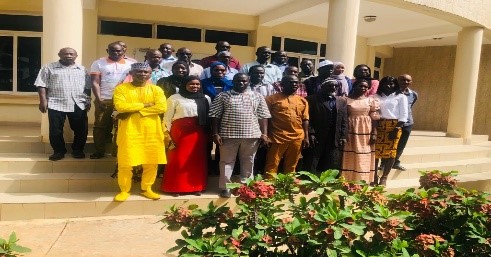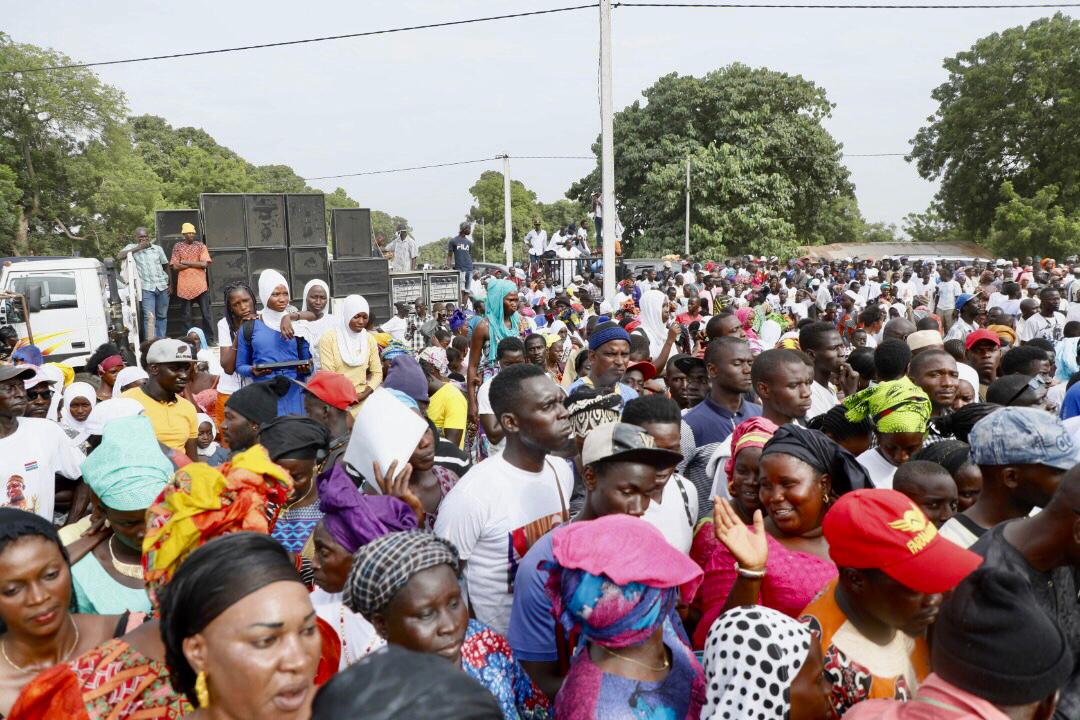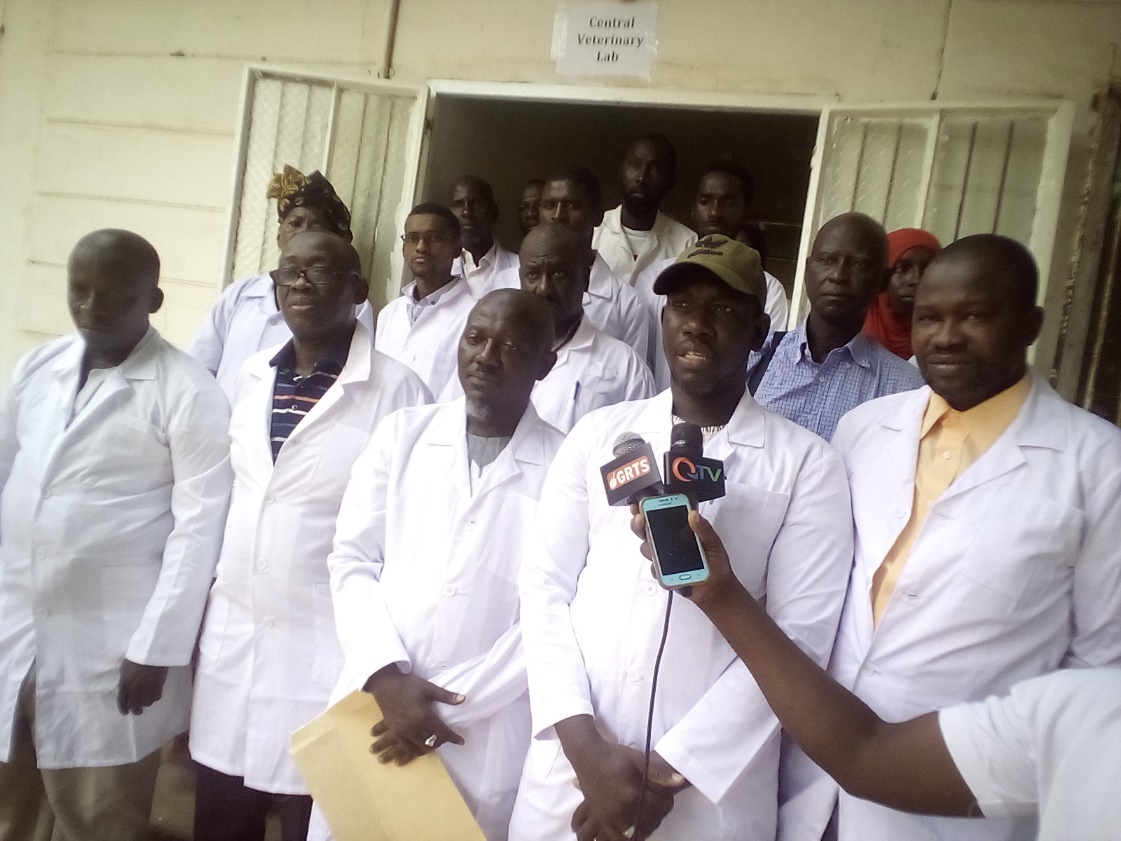By Fatou B. Cham
The Department of Planning (DoP) under the Ministry of Agriculture,Tuesday, 7th June 2022, held a review on the Gambia’s performance in the third Biennial report.
The report presented consisted of data collection and collation of forty-seven indicators that measure economic progress, poverty reduction, agricultural growth, trade facilitation, resilience, food safety, government expenditure, and mutual accountability.
The African Union Commission initiated a comprehensive Africa Agriculture Development Programme (CAADP) Biennial Review Report which is the main mutual accountability tool to track the progress of the African Union (AU) the Member States in implementing the Malabo Declaration of 2014 focusing on Agricultural growth and poverty reduction based on its seven commitments.
The Gambia as a signatory to the Malabo declaration submitted its Third Biennial Report to the African Union through the Regional Economic Community (REC).
Speaking at the opening ceremony, Francis Mendy, Director of Planning said that the CAADP review process is on the Gambia’s performance which is very significant simply because all the stakeholders that have been invited to the meeting have provided secondary data for inputting into the indicators that have been identified at the CAADP processes to enable to get them the determinants on the performance of The Gambia.
“We also know that data is very relevant and even though the Department of Planning has been the custodian of Agricultural data and natural resources, we cannot do everything alone,” he asserted.
He added that, that is why most of the time, they also depend on their stakeholders to make sure that relevant data that are required as far the agricultural resources database is a concern are been provided through different stakeholders who are very relevant in this exercise.
Momodou Sowe, the outgoing CAADP focal person, said that the main objective of the CAADP is to eradicate poverty and hunger in 2025 and is a commitment by the African heads of state in 2003 followed up in Malabo in 2014.
Mr. Sowe explained that every two years, they monitor and report on the commitments because all the commitments have targets.
“If you want to end poverty, you would have to enhance agricultural productivity and invest in it which would be monitored as a target,” he added.
He further narrated that the African Union declared that by 2025 Africa as a continent need to achieve these commitments which is why every two years, they collect data in each of these countries and report on the various target adding that the Gambia has participated in three of the reports.
The main points captured in these reports according to him is how far The Gambia is going in meeting these commitments, first is the processes, CAADP and requires processes that include planning, policy, and programming processes are the basis
According to Mr. Sowe, the other commitment is an investment in Agriculture, “how much are we investing in Agriculture, public, private and donor investments are all measured against a target, expecting that the government would be spending 10% of the national budget in Agriculture, though that target has not been met yet,” he explained.
The next commitment is ending hunger through agriculture by 2025 and we measure this base on our national poverty surveys which occur every five years.
“We are not on track as far as the commitments are concerned but we have improved from 2019 to 2021 by 12% points and we are progressing well, hoping that by 2025, we would not be left behind,” he revealed.





